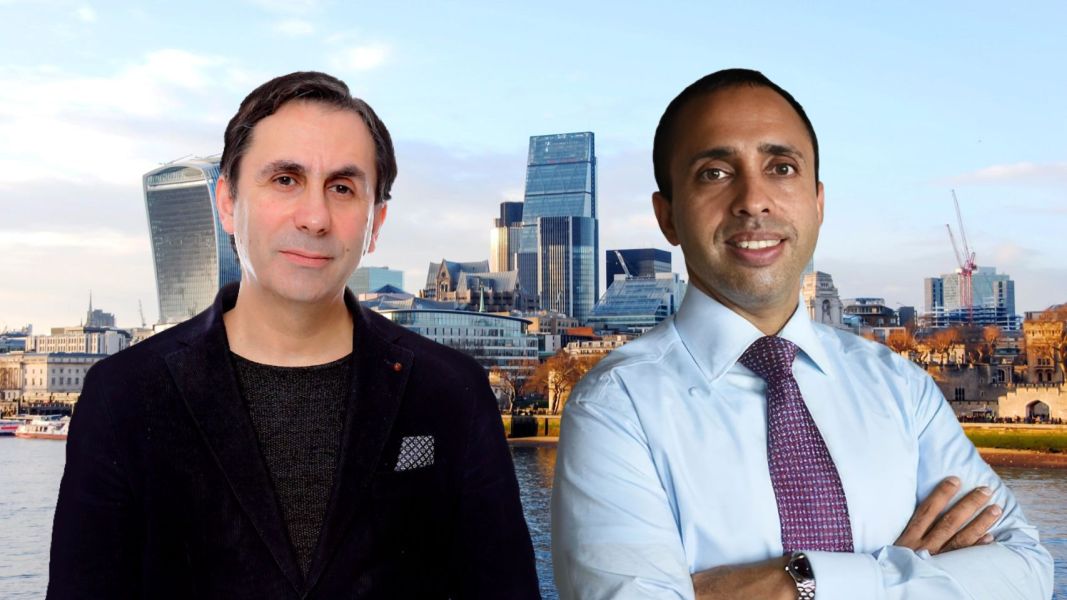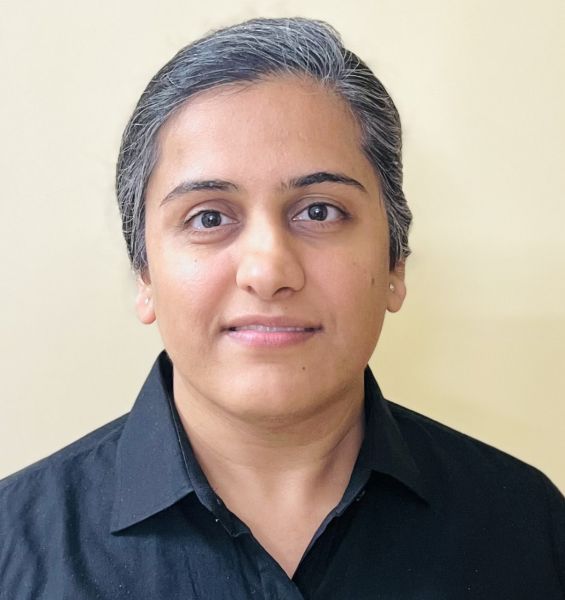Dinis Guarda interviews Pradeep Goel, CEO of Solve.care, in the latest episode of his YouTube Podcast. The two discuss the challenges that exist in the legacy systems of the healthcare industry and how the technology solutions empower and enable the patients and caregivers. The podcast is powered by Businessabc.net and citiesabc.com.

An expert in blockchain technology, finance, technology, and healthcare, Pradeep Goel founded Solve.care in 2017, with a vision of creating a platform that decentralises healthcare by tokenising five key aspects: identity, data, consent, transactions, and payments.
During the interview, Pradeep explained Dinis the challenges posed by the system of intermediaries in healthcare:
“Intermediaries have amassed so much power and influence that they control the decision making from being facilitator to becoming effectively the guardians or the gatekeepers of care. That really frustrates both the care provider and the care receiver.”
To explain the power amassed by the intermediary layer, he further explained:
“Healthcare around the world costs $8,000 billion a year. Imagine if healthcare was a country it would be one of the richest countries in the world, probably number four. And this country is run by a lot of intermediaries. Both the patient and the doctors serve this country or live in this country in a manner where neither of them are happy or effective because the power structure of this country is just a very high stack of intermediaries. Whether it’s managed care plans, pharmacy, benefit managers, health management organizations, brokers, or insurance companies – you cannot even keep track of how high this stack of intermediaries is. These intermediaries today take 2,000 billion out of 8,000 billion to help manage care so they’re basically 25% of the country’s economy.”
Solve.care: Enabling transparency and data ownership with Blockchain
Pradeep explained the need for a decentralised system of healthcare through many examples. He said that by layering itself on the blockchain, Solve.care introduces transparency and ownership of data for patients:
“We monetize on the true service of connecting people together in a manner that they have full control over their identity. Tech should be built so that it can not change its mind one day. It has been a long road for us to go from that vision to reality. The premise here is to allow for equitable conversation, transaction, payment, billing, appointment, referral, and record exchange to happen. Healthcare needs to function in a completely decentralized manner. That’s the core premise of Solve.care: Bringing equity to healthcare.
We replace the intermediaries so that both patient and provider, the healthcare provider, and the healthcare recipient can have more effective and direct communication and we need to replace it with something that won’t get corrupted with time. The technology must be designed in a way that it is absolutely respectful of every stakeholder’s rights including their privacy and their right to have their data and control it and this technology blockchain being one of the key components of such a you know principle really should be built from the ground up such that it cannot be corrupted down the road.”
He explained how blockchain integration in healthcare brings in more transparency in terms of drug efficacy and its medical data:
“We put blockchain to bring an appropriate level of transparency and put the smart contract in to calculate the price of drugs based on some rationality. prescription lack of transparency in drug prices, lack of access to your medical data to replace that opaque centrally controlled decision- making with a transparent protocol that lives on the chain and auto executes to give everybody a fair equitable participation and restores their rights.”
Speaking about the services by Solve.care, he explained to Dinis:
“We’re launching a new capability in our care wallet which is how patients interact with our system where they can request and attach the legal document with the requesting I have a right to my record you cannot deny this to me and here is the mechanism in the address where you must send it and yes the records are you know going to be in my custody from moving forward.”
Integrating AI with healthcare: An expert perspective by Pradeep Goel
As the interview progressed, Dinis provoked Pradeep to share his insights about the shifting paradigms in the healthcare industry with the advent of the AI era.
“AI has enormous promise. I can have and will have more optionality of care: self-care or professional care, because AI gives me better insights in terms of risk factors in terms of care models, better treatment plans, and personalized medicine. With AI, there is an opportunity to build a collective mechanism to improve research. AI can accelerate cure for cancer, can find more invisible patterns that we haven’t all noticed yet, identify root causes of cure because that’s what all research is only about identifying the patterns we all missed. I think using AI to advance treatment is good for humanity and should be done and we need to pull data to do that”, said Pradeep.
Speaking about the potential dangers and threats of AI, he further commented:
“AI amplifies the risks of power imbalance. It has great potential to improve care but if our data resides in the hands of the few, then yes, we’ve got a very serious issue coming our way.
With highly aggregated data pools whether it’s in government or in insurance companies or EMRs, in large hospital systems, AI gives them significant power they can choose to improve healthcare or exploit healthcare”
Concluding the interview in a positive note, Pradeep tells Dinis:
“The beneficiary of technology cannot be a company, or the data pool. Instead, the beneficiary must be humanity. For that, we need to implement a more decentralized framework where data is pulled but de-identified and the beneficiary is also everybody, not just one central authority.
In a nutshell, AI presents unique opportunities, unique threats, and the threat of AI becoming smarter than us. Starting to act to our disadvantage clearly needs to be managed through regulation and through governance.”

Pallavi Singal is the Vice President of Content at ztudium, where she leads innovative content strategies and oversees the development of high-impact editorial initiatives. With a strong background in digital media and a passion for storytelling, Pallavi plays a pivotal role in scaling the content operations for ztudium’s platforms, including Businessabc, Citiesabc, and IntelligentHQ, Wisdomia.ai, MStores, and many others. Her expertise spans content creation, SEO, and digital marketing, driving engagement and growth across multiple channels. Pallavi’s work is characterised by a keen insight into emerging trends in business, technologies like AI, blockchain, metaverse and others, and society, making her a trusted voice in the industry.


























